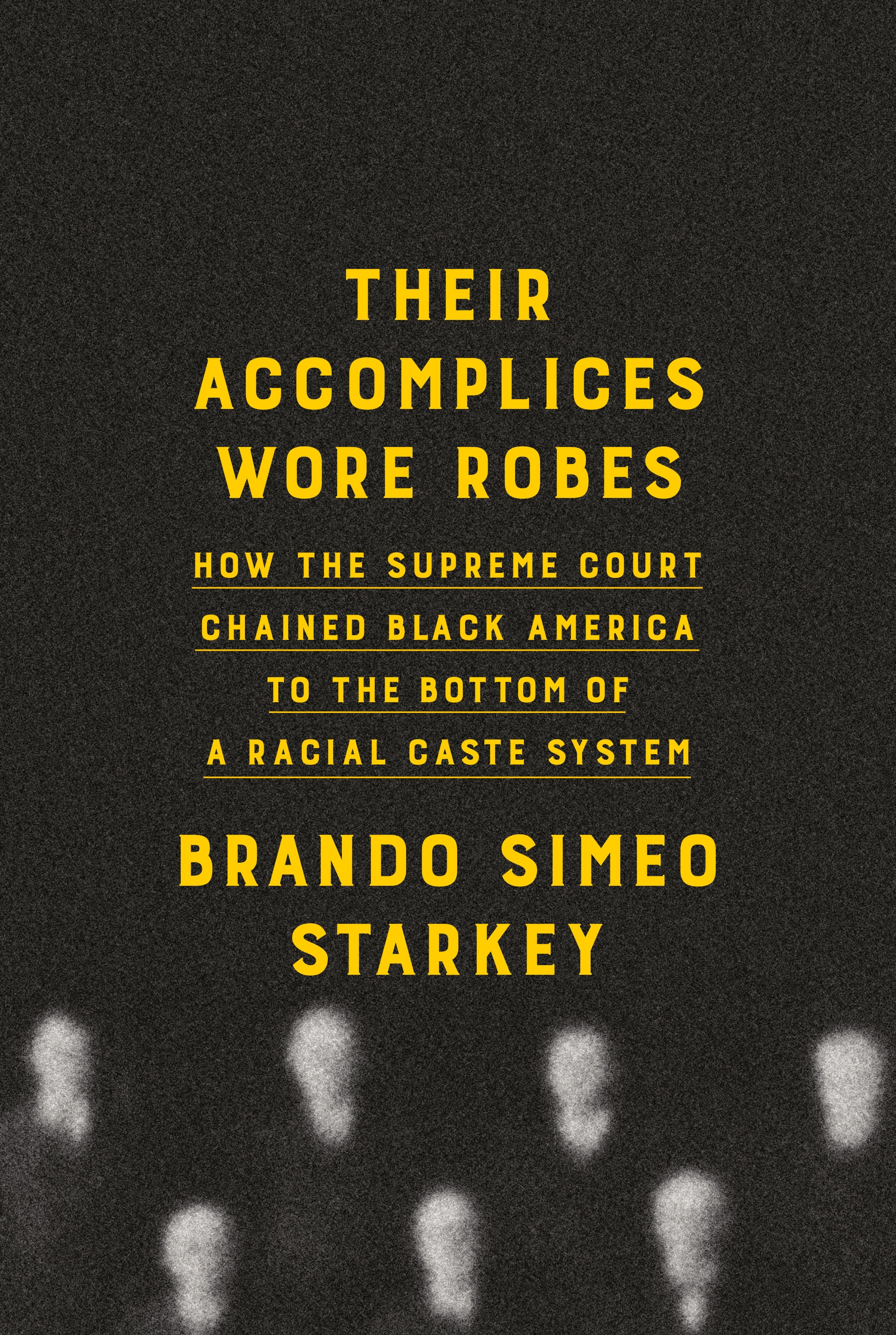The Thirteenth Amendment reads briskly. Split into two sections, the first states, “Neither slavery nor involuntary servitude, except as a punishment for crime whereof the party shall have been duly convicted, shall exist within the United States, or any place subject to their jurisdiction.” The second provides that “Congress shall have power to enforce this article by appropriate legislation.”
Congress can only enact what the Constitution allows. In Article I, Section 8, the Constitution lists most of Congress’s enumerated powers, like the powers to maintain an army and a navy, tax, borrow money, regulate interstate and foreign commerce, coin money, establish Post Offices, and “to make all Laws which shall be necessary and proper for carrying into Execution the foregoing Powers.”
The Thirteenth Amendment’s enforcement clause carried transformational potential, permitting Congress to legislate to ensure Black folk enjoyed the rights provided in Section 1. Those forty-three words, so sweet, so delicious, yet millions force-fed bondage relished their taste only in the afterlife.
The Republican Party, far more supportive of Black rights than the pro-slavery Democrats, imagined the Thirteenth Amendment would stretch beyond ending bondage, and fence the freed people from incursions into their fundamental rights. Republican Illinois Congressman Ebon Ingersoll, for example, expected the amendment would “secure to the oppressed slave his natural and God-given rights.”
Abolitionists argued that enslaved people lacked these rights because the law deemed them property. The new amendment denied state governments, reasoned New York attorney general J. H. Martindale, “a logical argument on which to rest the exclusion of the native-born black man from all the [rights] inherent to citizenship.” States could not degrade one “because he is black, any more than they have the constitutional right to classify and degrade white men.”
In those days, legal thinkers separated rights among three different buckets—civil rights, political rights, and social rights. The right to enter contracts, the right to sue and be sued, the right to testify in court, the right to inherit, own, and convey property fell into the civil rights bucket.
The right to vote went into the political rights bucket. And the social rights bucket involved questions like whether Black people could attend school with White children. Eat at a restaurant alongside White patrons. Marry interracially.
The experiences of Carl Schurz, during a summer 1865 southern tour, indicated those forty-three words would not afford the freedmen equal access to the civil rights bucket.
